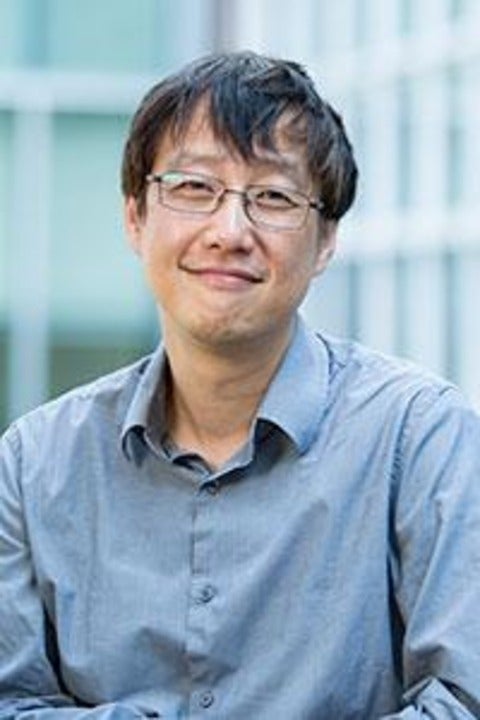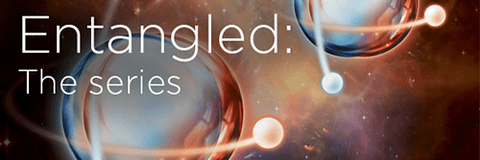Graphene Assisted Ultrafast Nonlinear Optics: From all-optical modulation to time-resolved spectroscopy
Behrooz Semnani, PhD candidate, Department of Electrical and Computer Engineering, University of Waterloo
Recent rapid advancements in nanofabrication technologies have widened the realm of possibilities in nanophotonics, nonlinear and sub-wavelength optics. Realizing nonlinear optics in subwavelength scale paves the way for low cost integrated photonics. Ultra-high-Q photonic crystal nanocavities and nanostructured materials are examples of such structures. Those structures offer very small mode volume guaranteeing highly enhanced field intensity.


